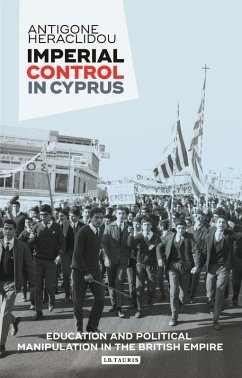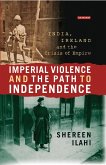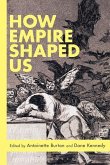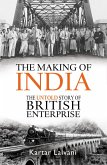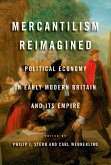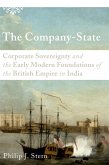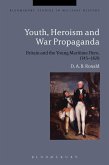In Protectorate Cyprus, education was one of the most effective tools of imperial control and political manipulation used by the British. This book charts the cultural and educational aspects of British colonial rule in Cyprus and analyses what these policies reveal about the internal struggles on the island between 1931 and 1960. Cyprus had been under British occupation since 1878, but it was in the 1930s that educational policies acquired a strong political significance and became essential in preserving the British position on the island. The co-existence of two very strongly-held and eventually conflicting national identities in Cyprus, Greek-Orthodox and Turkish Muslim, inevitably led to the politicisation of education and culture on the island. Therefore, any attempts to impose British culture, language and way of thinking onto Cypriots, or even to create a distinct Cypriot identity, had very limited success. Gradually, the education system reflected the shifting political developments in colonial Cyprus. By the start of the 1950s, schools had become a breeding ground for discontent and between 1955 and 1959 they were an indispensable part of the EOKA revolt.
In this book, Antigone Heraclidou provides a new dimension to the understanding and origins of the deadlock that was to prove one of the most intractable in the final years of the British Empire.
In this book, Antigone Heraclidou provides a new dimension to the understanding and origins of the deadlock that was to prove one of the most intractable in the final years of the British Empire.

